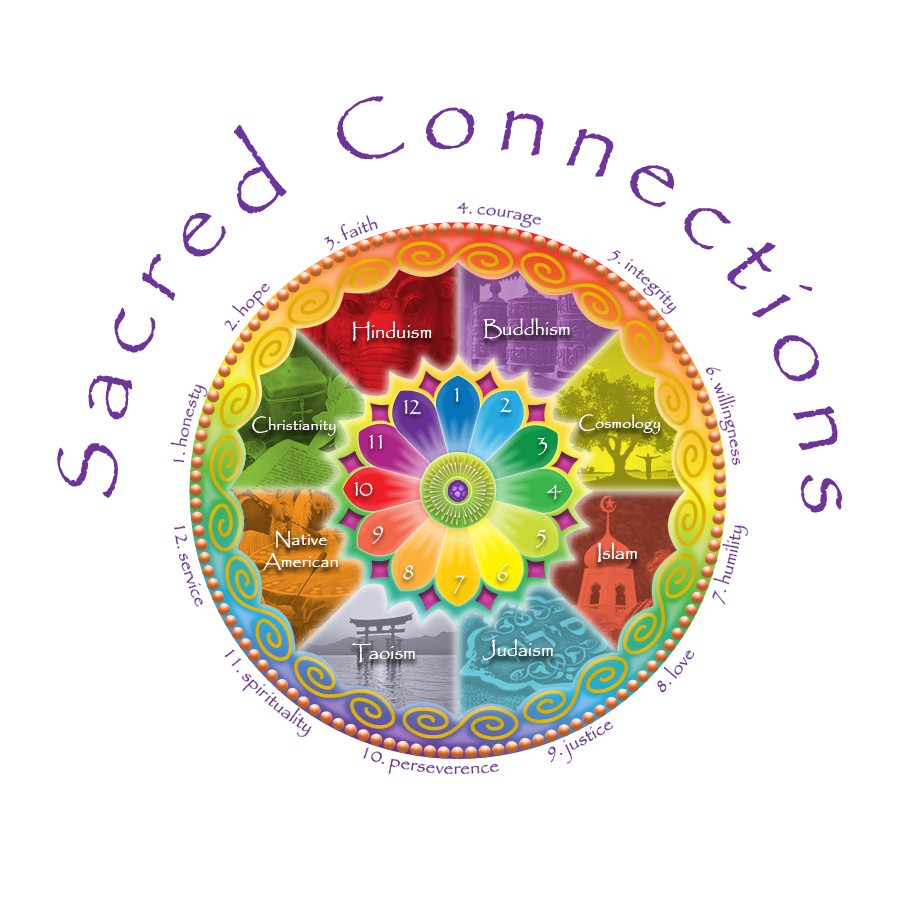By Joseph Nowinski, Ph.D.
Naysayers say only 2% of the people find recovery by 12 Step Programs yet a 16-year research study shows different results. The research split addicts into three groups:
1 Addicts who chose 12 steps with no treatment
2 Addicts who chose treatment with no 12 step programs
3 Addicts who chose treatment and 12 Steps
Results show that people who chose treatment with 12 steps were more successful then all other groups, another study showed after 5 years, addicts who went to 12 step meetings had a 75% success rate at staying clean and sober and people who didn’t have 12 step recovery, were 20% successful at staying clean and sober. And another study showed that addicts who didn’t go to 12 step recovery cost the health care system more money.
• read the 16 year study here http://www.ncbi.nlm.nih.gov/pmc/articles/PMC2220012/
The Twelve Step program of Alcoholics Anonymous (AA) has been a long-standing and trusted method of drug and alcohol recovery for more than 75 years, yet there is a continuing debate as to its validity of success. Many outspoken critics argue that there is no actual data or scientific evidence to support claims that the program works. Dedicated “twelve-steppers,” on the other hand, stand by the familiar AA slogan “It works if you work it,” meaning if you follow the Steps, you will indeed find the path to recovery. To set the record straight, internationally recognized clinical psychologist Joseph Nowinski, Ph.D., author of Twelve Step Facilitation Therapy (TSF), which is listed on the National Registry of Evidence-based Programs and Practices (NREPP), reveals the studies and data that prove the Twelve Steps improve outcomes for those in recovery from the disease of addiction.
In IF YOU WORK IT, IT WORKS!: The Science Behind 12-Step Recovery (Hazelden; February 2015; $14.95; Original Trade Paperback) Joseph Nowinski, Ph.D., provides hard scientific evidence based on multiple studies by researchers from major universities and addiction research institutes to not only support that Twelve Step recovery works but to explain how it works.
The most renown of these is Project MATCH, a major study by a research team at Yale University that sought to investigate the effectiveness of the Twelve Step model compared with cognitive-behavioral therapy, motivational enhancement therapy, and motivational interviewing. The study involved nine separate treatment locations and nearly 2,000 patients. Nowinski was asked to be part of the study by creating the treatment protocol, Twelve Step Facilitation, for people with the diagnoses of alcohol abuse or dependence. After seven years, the first results were released, which showed that Twelve Step Facilitation is equally as effective, and in some ways more effective, than the other evidence-based practices in the reduction of drinking and improved abstinence following treatment.
Nowinski also covers the dynamics of how Twelve Step recovery works, specifically how social networks, spirituality, and sponsorship all contribute to the recovery process. He goes even further to discuss the relationship between alcohol, other drugs, and mental illness.
IF YOU WORK IT, IT WORKS! equips readers with:
• Hard evidence that the Twelve Steps really work
• Chapter summaries and questions to help people evaluate their recovery progress
• Reasons why fellowships such as AA and Narcotics Anonymous (NA) are regarded as natural community resources that are effective supplements to treatment
• Neurological facts such as how recovery improves brain function
IF YOU WORK IT, IT WORKS! by Joseph Nowinski, Ph.D., is the premiere source for those seeking validation that the Twelve Steps actually work. It is a wonderful affirmation for people seeking a Twelve Step recovery program or who are already a member of one.
ABOUT THE AUTHOR
Joseph Nowinski, Ph.D., is a clinical psychologist who has taught at the University of California–San Francisco and the University of Connecticut and has served as supervising psychologist at the University of Connecticut Health Center. He is the author of Twelve Step Facilitation Therapy (TSF), which is listed in the Substance Abuse and Mental Health Services Administration’s National Registry of Evidence-based Programs and Practices, and Almost Alcoholic: Is My (or My Loved One’s) Drinking a Problem?, with coauthor Robert Doyle. He blogs regularly for the Huffington Post and Psychology Today.
If You Work It, It Works: The Science Behind 12-Step Recovery
You are here:
- Home
- The Twelve Steps
- If You Work It, It…
